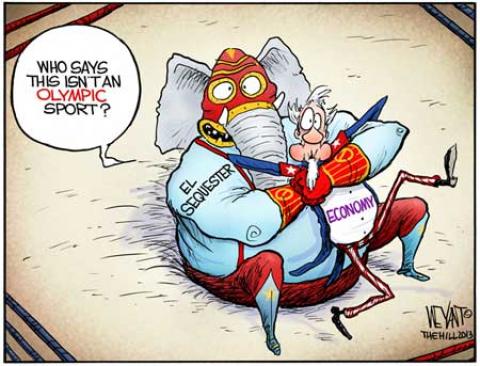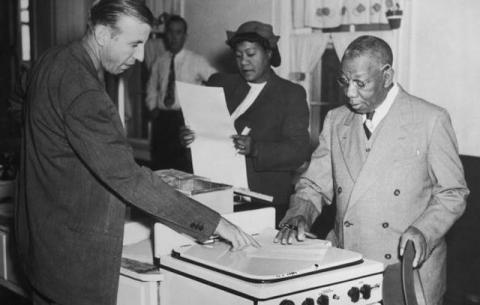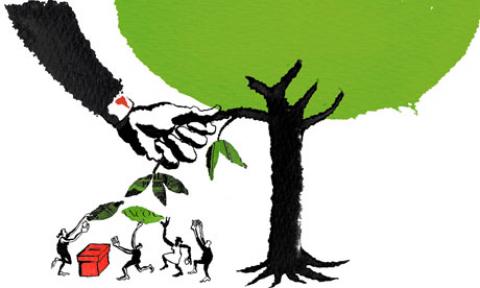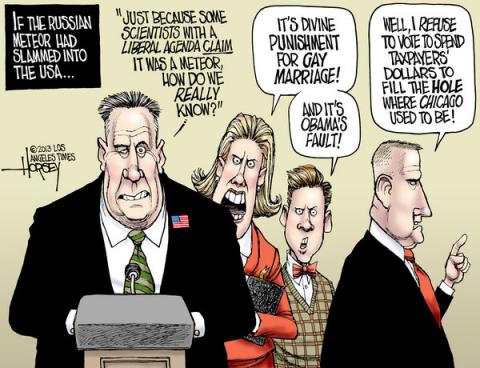Civil Rights Leader John Lewis' Life in Graphic Novel Trilogy
Institute for Southern Studies

Civil rights leader John Lewis recounts his remarkable life in a graphic novel trilogy







Spread the word